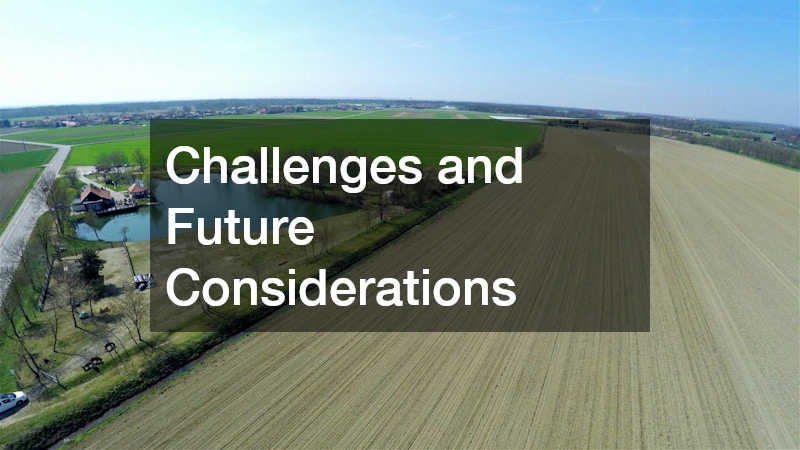The Importance of Water Management Plans for Businesses and Communities
Water management plans have become crucial for both businesses and communities in today’s environment. As global demand for water resources intensifies, effective strategies are needed to ensure sustainability and efficiency.
Water management plans not only help in conserving this precious resource but also play a significant role in reducing costs associated with water usage and treatment.
Businesses and communities implement these plans to mitigate risks related to water scarcity and environmental impacts. Such strategies are vital for maintaining operational continuity during periods of drought or restricted water supply. Moreover, they contribute to building resilient systems that adapt to changing environmental conditions.
The increasing awareness regarding the importance of sustainable water use is driving a greater emphasis on water management plans. Experts highlight their potential in improving water efficiency, reducing waste, and minimizing ecological footprints. This article delves into various aspects of water management plans, illustrating their significance for different stakeholders.
The Role of Water Management Plans in Businesses
Water management plans are instrumental in improving businesses’ operational efficiency. They help companies optimize their water use, reduce waste, and lower utility bills. Implementation of such plans can lead to significant cost savings, which is a primary consideration for profit-driven organizations.
Apart from cost savings, water management plans help businesses adhere to environmental regulations and standards. As regulatory bodies impose stricter guidelines, compliance becomes a crucial aspect of operational legality and corporate responsibility. Businesses adopting robust water management plans often gain a competitive edge by demonstrating their commitment to sustainable practices.
Moreover, businesses that proactively manage their water resources often enhance their brand image and relationships with customers. Public perception is increasingly influenced by corporate sustainability efforts, making water management plans a valuable tool for reputation management. Additionally, responsible water stewardship can open up new markets and opportunities for partnerships, fostering growth and innovation.
Benefits of Water Management Plans for Communities
Communities benefit greatly from the implementation of water management plans at a local level. Sustainable management ensures the long-term availability and quality of water resources, which is critical for public health and well-being. By encouraging responsible usage and conservation, these plans help communities better withstand environmental challenges such as droughts and pollution.
Moreover, water management plans facilitate infrastructure development and improvements, contributing to the overall resilience of communities. Investments in modern water-saving technologies and infrastructure upgrades not only ensure reliable supply but also reduce the likelihood of unexpected service disruptions. Strong infrastructure supports economic stability and development, enhancing quality of life for residents.
Community engagement and education are integral parts of successful water management plans. By involving residents in conservation efforts and increasing awareness about water issues, communities foster a culture of sustainability. These educational initiatives build a sense of responsibility and promote practices that complement and reinforce formal water management strategies.
Challenges and Future Considerations
Despite their benefits, water management plans face several challenges that need to be addressed for successful implementation. Limited financial resources and technical expertise can hinder the development and execution of comprehensive plans. Overcoming these obstacles requires collaborative efforts between governments, businesses, and communities to secure funding and knowledge sharing.
Another significant challenge lies in addressing climate change and its unpredictable effects on water resources. As weather patterns shift and extreme events become more common, flexible and adaptive management plans are essential. Incorporating climate resilience into water management strategies ensures that systems can withstand and recover from environmental stresses.
Looking to the future, the integration of innovative technologies and data-driven approaches will enhance the efficacy of water management plans. Advances in sensors, data analytics, and automation offer new possibilities for precision water use and real-time monitoring. Embracing technological solutions can pave the way for more efficient and sustainable water management practices.

